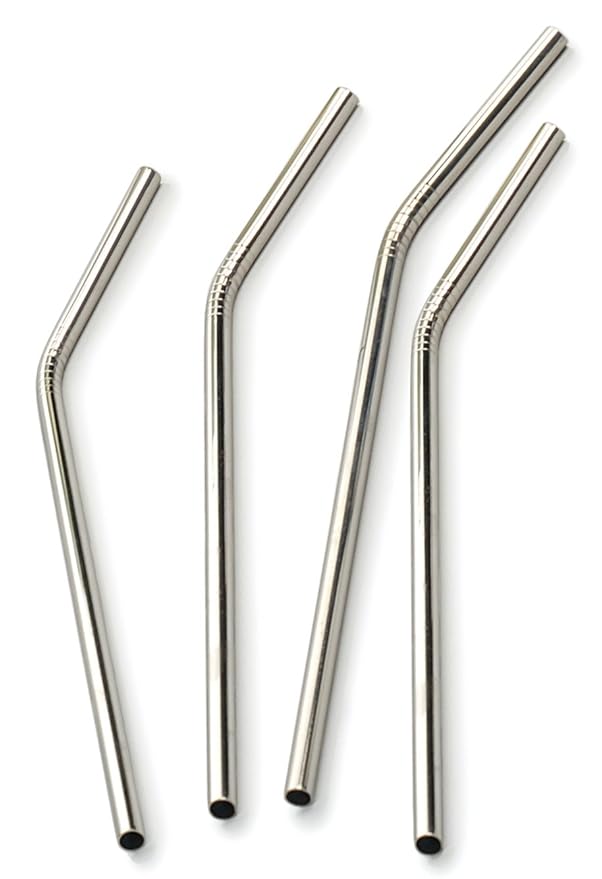
You buy your trout from a local fishery, make stock out of chicken bones, eat fruits only in season, and carry your own metal straw when you head out for bubble tea. But when Friday rolls around and you’re ready for something with a little more kick than the biodynamic wine in your fridge, is your cocktail planet-friendly too?
It should be, according to Carley Gaskin, bartender, and owner of Chicago-based Hospitality 201, a craft cocktail catering company. Gaskin is one of several bartenders across the country coming up with new ways to make mixology sustainable. “We’re really focusing on practices behind the bar to be more mindful of how much we’re wasting,” says Gaskin. “We want to reuse ingredients and throw less away because if you think about how much each bar tosses after juicing and prepping for every service, it really adds up.”

18th Room (NYC)
The thrust of the sustainable cocktail movement isn’t just about getting rid of plastic straws (which has been an issue of late for the coffee and tea industry too, especially since California enacted a statewide ban), but has more to do with reducing as much waste as possible from the cocktail-making process. Gaskin says this means being more mindful of over prepping, i.e. making too much of a big batch beverage or slicing up too many lemons and limes that will ultimately have to be dumped at the end of the night. Reusing ingredients that would normally end up in the trash (like using citrus peels after juicing to turn into a simple syrup) must also be a priority, as is using greens and fruits as garnish sparingly.
4 Stainless Steel Bent Drink Straws, $7.95 on Amazon
Get with the sustainable program with these sleek metal cocktail straws!
However, while sustainability and eliminating food waste is certainly on trend in the food world, even Gaskin admits that distinctive flavor profiles can’t be sacrificed in the process. In other words, if the cocktails suck, nobody will be drinking.
And yet the challenge of making, say, an undeniably delicious and sustainable tequila-based drink is an enticing one that forces a bartender to get creative. “There is an unlimited number of incredible combinations of flavors and ingredients, many of which can be sourced from ingredient components that are normally tossed into the trash,” says Joseph Boroski, bar director at Manhattan’s The 18th Room. “Think orgeat made from avocado pits or stale popcorn, sangria or condensed wine syrup made from day-old by-the-glass bottles, or candied, caramelized, or dehydrated fruit and vegetable peels.”

Sustainable cocktails at 18th Room (NYC)
For Bombay Sapphire’s 2018 Most Imaginative Bartender competition, Gaskin created a zero-waste cocktail called the Geb’s Reviver to win the event. “A few of my favorite flavor combinations have come from mixing contrasting flavors such as tropical and grassy,” she says. “I use leftover pineapple pulp and lemon peels to create a bright and citrus-forward syrup that I pair with a matcha tea.”
And yet, while anti-waste strategies are gaining traction among bartenders around the world, to call a cocktail truly sustainable can be a difficult, if not a seemingly impossible, endeavor when trying to parse what the word actually means in the beverage industry.

Repurpose’s line of 100% compostable straws
“Defining truly sustainable cocktails is tricky because there is a lot to dissect in even the simplest drink,” says Luke McKinley, creative director at Novo Fogo Organic Cachaça, a Brazilian organically-certified manufacturer of cachaças. “Consider a Caipirinha, for example. If you choose an organic, sustainably-produced cachaça as the base spirit, then 2 ounces of the drink can be confidently described as sustainable. But what about the lime—is it organic? Did it come from a farm that employs fair labor practices? What about the sugar? What is the carbon footprint of the ice machine that made the cubes? And don’t even think about putting a plastic straw in it.”
Still, regardless of whether or not your Manhattan ticks off every box, bartenders wasting less and getting inventive with scraps that really shouldn’t just be tossed in the bin seems like a natural evolution for mixology. Trash Tiki, an online anti-waste platform and pop-up started by bartenders Kelsey Ramage and Iain Griffiths, seem to sum up how bars will most likely be changing their menus and practices best. “It’s not about overhauling your whole program, but taking the smaller steps.”
Related Video: How to Make 5 LaCroix Cocktails
All featured products are curated independently by our editors. When you buy something through our retail links, we may receive a commission. For more great hand-picked products, check out the Chowhound Shop.
from Food News – Chowhound https://ift.tt/2BSeLit
via IFTTT


No comments:
Post a Comment